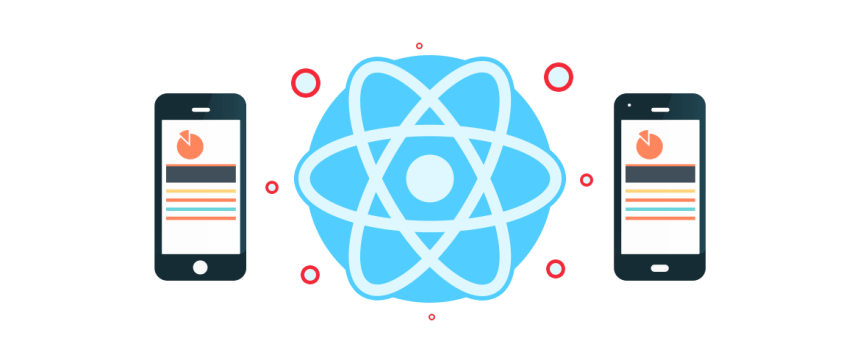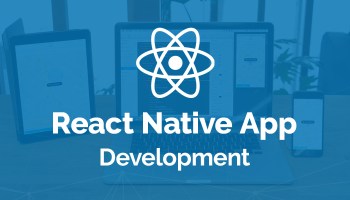
React Native is in the market for a considerable time now but still, there are people who refrain from adapting it in their development process. For such a community, here is an informative piece you can use to make an informed decision. Let’s start with the benefits at first and then we will move further with such other things.
Choose React Native For App Development
1) One Codebase
For development in general, you will have to use different codebase separately for iOS and Android. It is not the same when it comes to React Native app development. It has the library which runs on both iOS and Android with a single codebase. The developers are at the ease to write the code just for once and run it on multiple platforms. The time and energy both are saved here. Well, not to forget the money and effort that are saved along with.
2) Third-party Compatibility
It’s a challenge when you are not developing an app for the specific platform. Now, you don’t know which device you have to make your app compatible with. Well, its a challenge but not a kind which is not something you cannot overcome of. The React Native libraries make use of several third-party plugins that enable the developers to integrate in-built elements like Bluetooth, GPS, and such other elements in the mobile app.
3) Upsurged Coding Standards
When you pick react native, you choose the low-quality standards for coding. Well, that’s what people think. But is it really so? Compared to native, the performance of React Native is low but not low quality. Here the pro is one-time coding and hence you have got increased coding time to make it highly qualitative. The coding is reduced to half which makes the entire mobile application development process faster and efficient. Also, the testing process gets curtailed as the lines of coding are short.
4) Rewriting Totally Eradicated
Did you know with React Native apps, the library allows the developers to integrate the native code in the current code? If not then here we got an added benefit. Developers don’t have to code from the scratch level instead they could just shift their current app into the native library.
When is the best time to use React Native?
There are basically three circumstances when it is best to use React Native, let’s explore each of them.

When the budget is a constraint
Yes, you heard it right. Having trouble developing an app with a low budget? Here’s your perfect solution “React Native”. And why would it be not, curtailed coding, reduced efforts, lesser testing, lesser time all of which leads to lesser budget as well?
When the complexity is low
This would be a good fit if the app you are considering to develop has a low or medium level of complexity. Also, if the requirement consists of plenty of reusable component instead of developing everything from the basic level, it is the best platform.
When the app needs development from scratch
If you are considering cross-platform app development and want to develop an app from the basic level, this is the platform you are looking for.
You don’t want to make a wrong decision and watch all your investment go in vain. Now, you do know what is the right time to pick this platform, now let’s just know the wrong time to pick them.
When the app needs a single platform
Not all the apps need to be on both the platforms, look out in the market, check which platform has a higher demand for your product. Launch your app only on that platform to save the cost and effort both simultaneously. React Native is popular for coding once to run on both the platforms. If there is just one platform why not to opt for native and get the best performance?
When the app needs higher maintenance
The platform is not that established and experienced that it can handle frequent updates and changes on the go. So, if you are planning something like that, react native app is probably not your choice.
When the app is complex
The basic languages like Java and kotlin for Android, Swift, and Objective C for iPhone are best. Especially when the need of the app is hardware specific and it needs major customizations, native is better than React Native.
Now that you know when to pick react native and when to not, what are the perks of choosing it, you can make a well informed decision.



